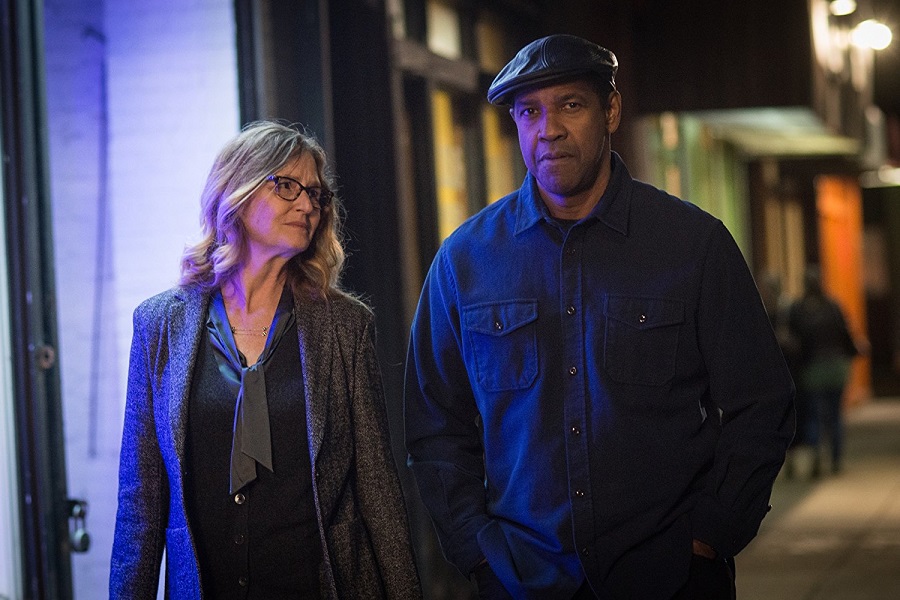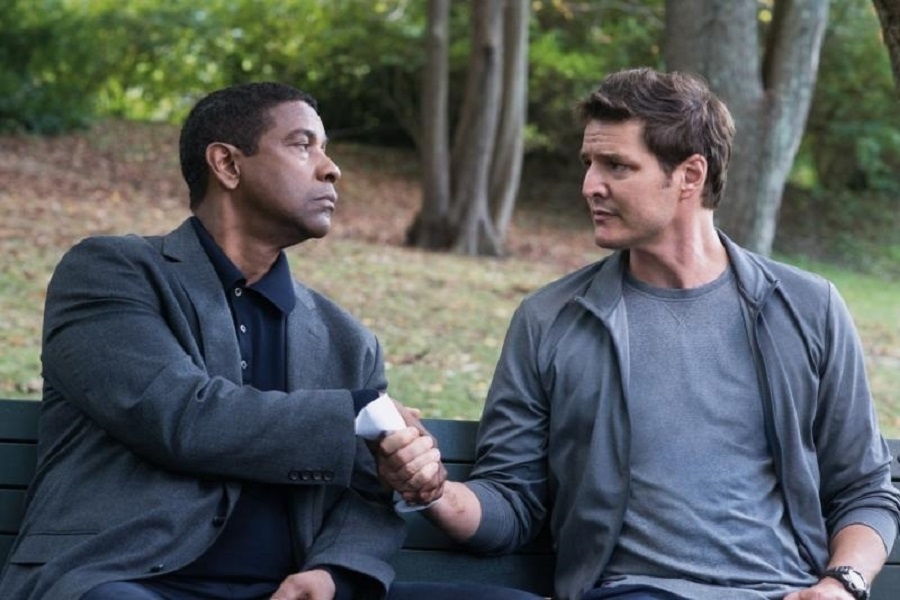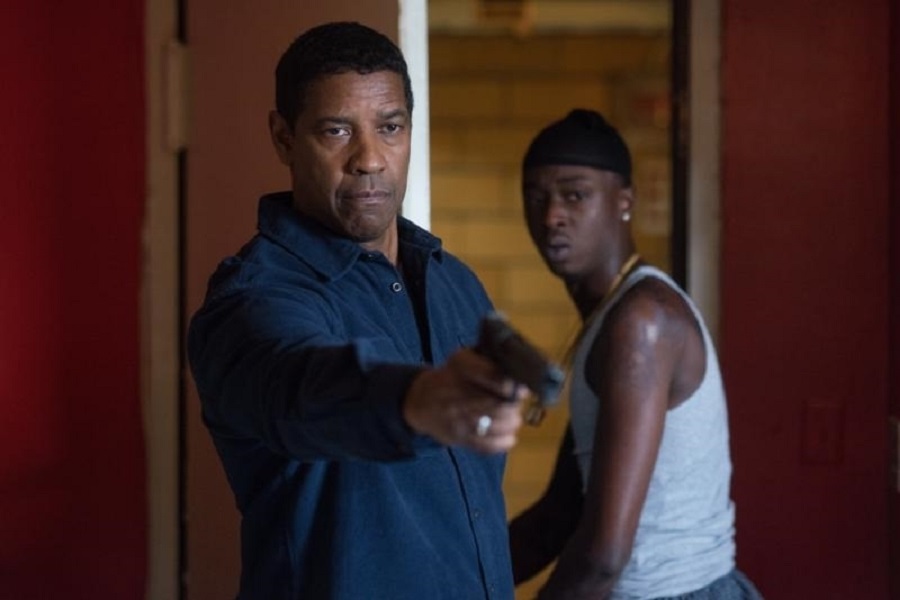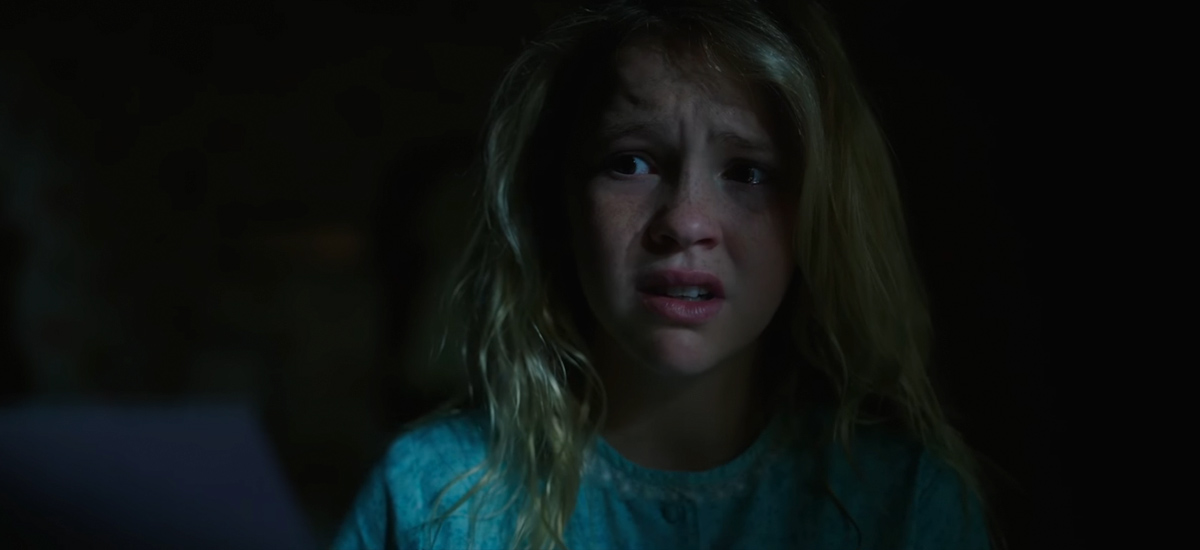Although Denzel Washington has spent over four decades acting, there’s one facet he’s never succumbed to: being in a sequel… that is until now. After the unlikely success of 2014’s The Equalizer, Washington and director Antoine Fuqua re-team for a film that’s more of the same and also an altogether different beast. While the original was a slice of grizzled pulp stretched too long, The Equalizer 2 is a quieter entry, one whose bursts of violence almost feel at odds with the more reflective story it wants to tell. That largely becomes its very undoing.
The story, such as it were, can easily be summed up in a few scant sentences. Robert McCall (Washington), having hung up his home goods apron, now moonlights as a Lyft driver. If ever he comes across a client in need of help, he springs into action, to “equalize” the score. When one of his few remaining friends ends up dead, he’s forced to confront the life he thought he’d left behind long ago. Yes, you guessed it… this time, it’s personal. Yet as predictable as it all may be, it’s the way the film unfolds that makes it more than another “paint-by-numbers” scenario.

The Equalizer 2 is most compelling when examining the different ways people express, or are shaped by, grief and loss. McCall surrounds himself with like-minded individuals, even if just to be a sponge, soaking up their sad stories.To help him feel a little less alone, he starts every morning visiting Sam (Orson Bean) an elderly gentleman bound by routine. Their scenes together are few, but met with a sweet resolution. He also attempts to mentor a young neighbor, Miles (Ashton Sanders). Consumed by the passing of his brother, he teeters perilously toward falling-in with the wrong crowd. These passages make up the bulk of the film, flipping back every so often to Belgium. There, former agency cohort and confidant Susan (Melissa Leo) helps McCall’s old partner (Pedro Pascal) solve a brutal murder. Of course, it eventually all ties back together, just never in any organic or interesting fashion.
The desired contemplative nature Fuqua keeps striving for is often at odds with the perceived ideal these aged bad-asses are supposed to operate in. The prevailing wisdom seems to be that it’s fine to present these heroes as vulnerable, you can’t let them stew in it. That goes a long way in in causing a disconnect for a moviegoer expecting a summer quickie. They crave blood, not quiet solitude. When the action does hit, it’s effective, stark and almost stellar. It’s over all too quickly, yet still manages to leave a deafening thud.

By juggling the two discordant tones with great uncertainty, Fuqua ends up with a second act that should be cathartic, yet is delivered rather ham-handedly. Throughout, several characters make reference to McCall needing to go back home, to finally be at peace with the passing of his wife, a move he pursed back from, electing to help those around him who suffer, rather than himself. So, naturally he decides to lure the main bad guy and his henchman to this location. In case anyone were to groan at that revelation, they’re conveniently distracted by a full blown massive hurricane, one conveniently hinted at, back in minute five. Anton Chekhov would be proud.
At the same time, it’s hard not to notice what feels like studio interference scattered throughout. The opening bit in Turkey not only plays differently than in the trailer (a common occurrence), but the shaved head Washington sports in it, isn’t glimpsed elsewhere. Even one of the action set pieces, which sees McCall on the verge of remaking Death Wish 4, comes as a sudden detour directly before the film’s climax. None of this is to say the film would be better with these instances omitted, just that the incongruous beats may not entirely rest on the shoulders of the director.

The Equalizer 2 poses a difficult challenge when it comes to outright recommending the film. There’s a litany of problems holding it back from being more than a decent effort. Tone and execution feel off at times because of it, though dismissing it outright partially denies the different avenue Fuqua wishes to explore. He knows R-Rated sequels are rare these days and decides to use the opportunity to work outside the box. It may not work as a whole, due to the corners that get cut, but it succeeds as slightly compelling oddity. Knowing the work history between actor and director, they may be best served following this path again, albeit, next time in a smaller, original property. If they were to do so, it would surely be something special. As it stands now The Equalizer 2 works merely as a curious case of what might have been.



